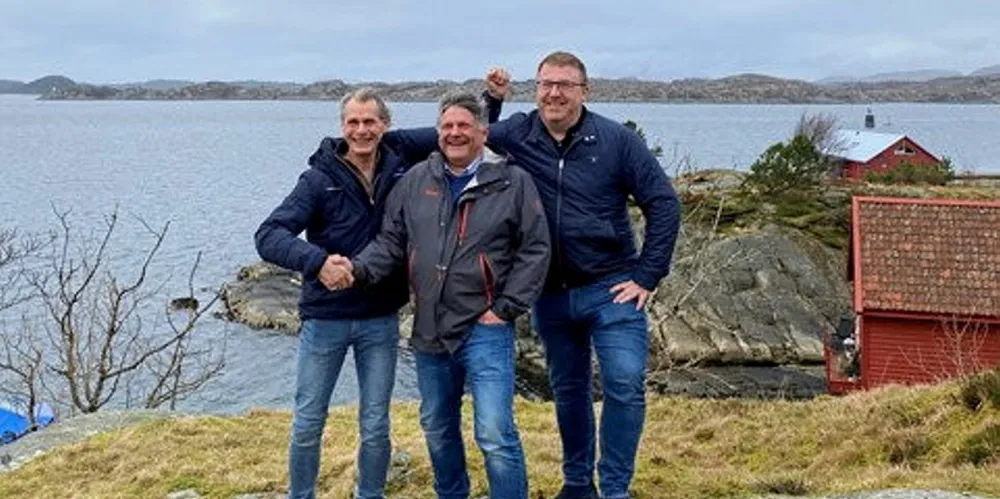Norwegian salmonid farmers Blom and Firda Seafood join forces
The salmon and trout producers are looking to creare more efficient operations along Norway's west coast.

The salmon and trout producers are looking to creare more efficient operations along Norway's west coast.
